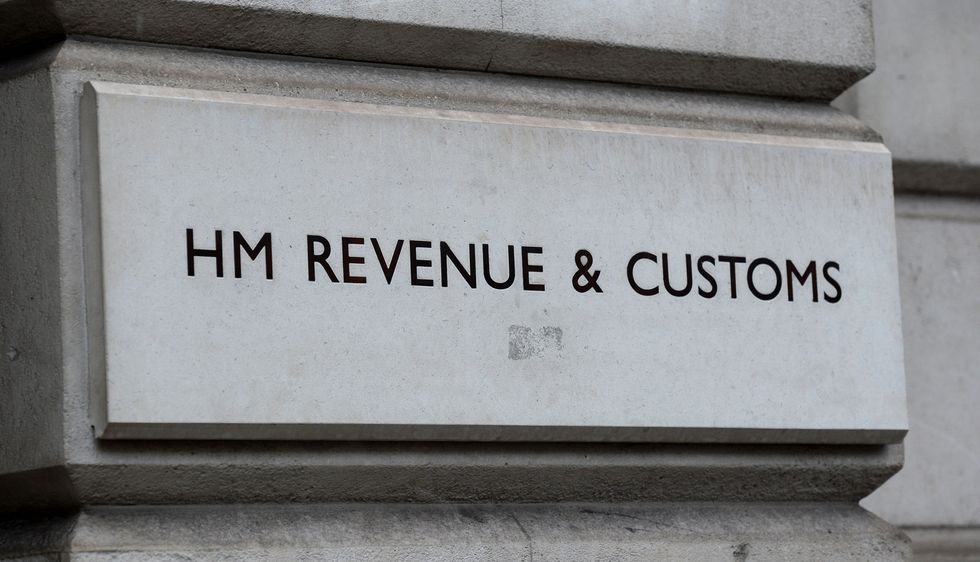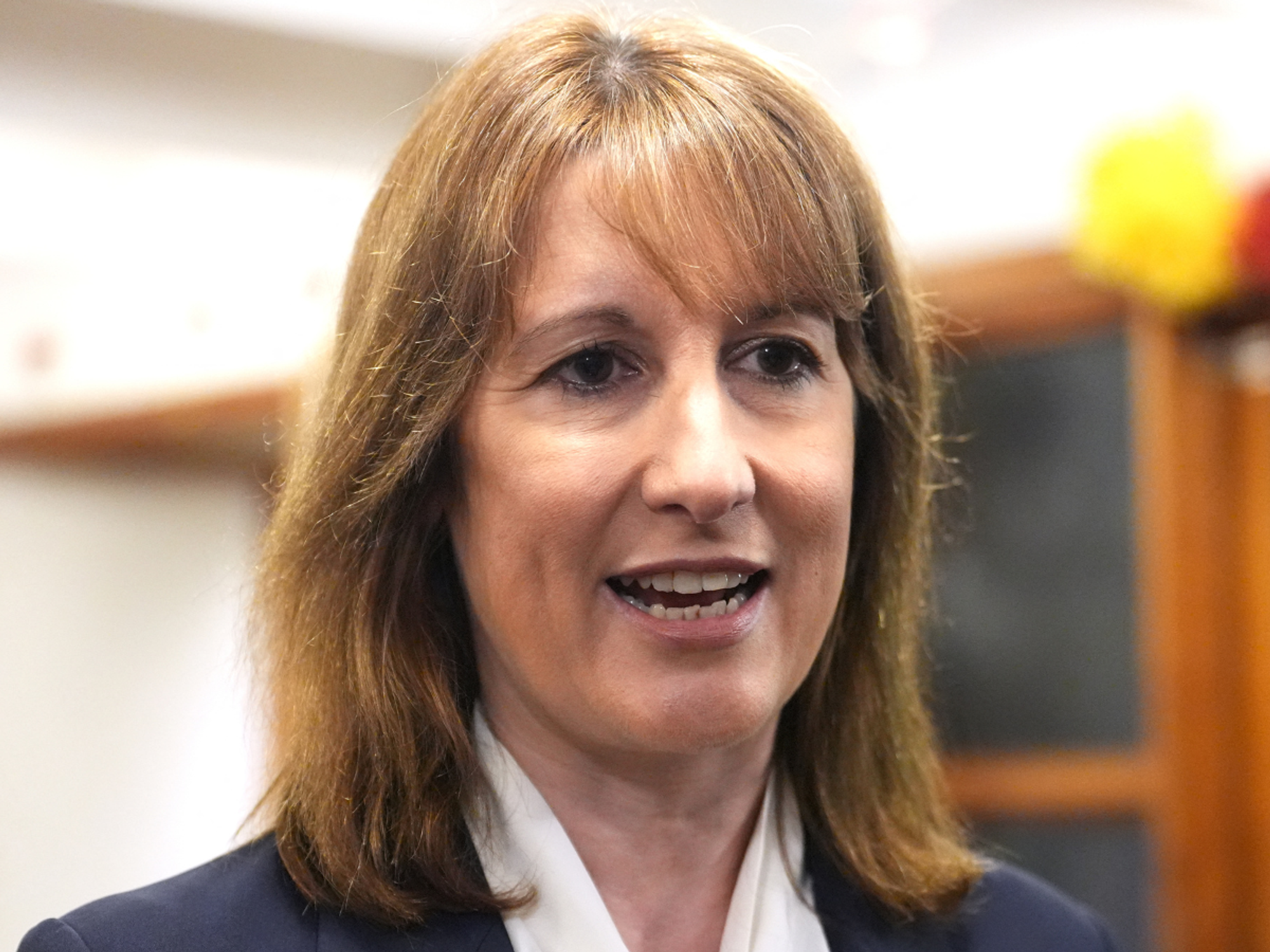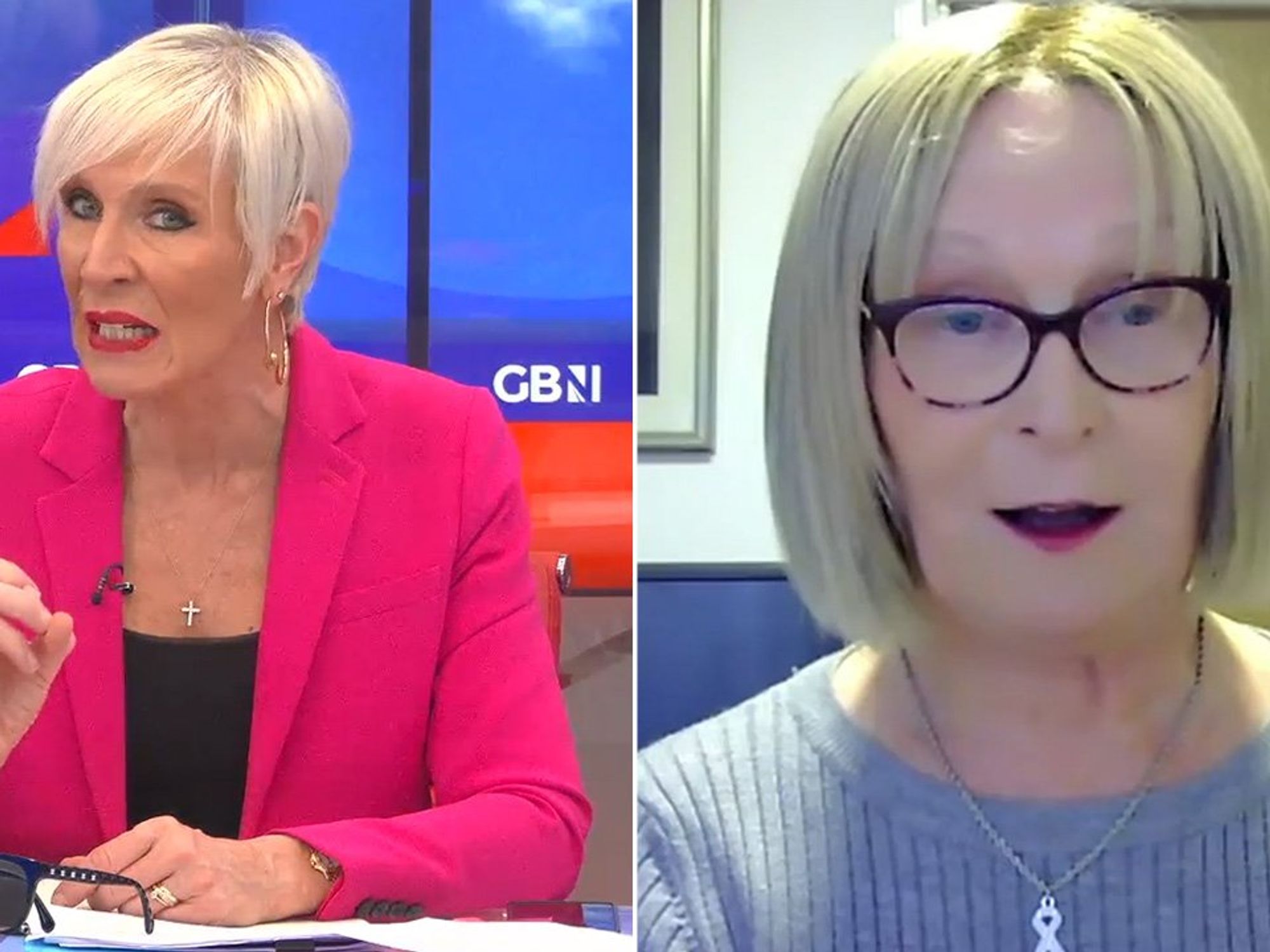Inheritance tax reforms could see gifting allowances raised to £10,000


Following Labour’s landslide victory in the UK election, the new Government is well-positioned to implement significant reforms
Don't Miss
Most Read
Latest
Inheritance tax reforms could see Labour kickstart their agenda for economic growth in the UK, with a possible option being to increase the gifting allowance to £10,000.
During their campaign, Labour pledged not to raise the primary revenue-generating taxes – namely income tax, VAT, national insurance, and corporation tax - but nothing was mentioned about other taxes.
Despite constant speculation from the Tories about inheritance tax hikes under Labour, an expert has argued that by simplifying inheritance tax and increasing gifting allowances, the new Government could significantly stimulate economic growth.
Rachael Griffin, tax and financial planning expert at Quilter said: "Simplifying IHT and increasing gifting allowances, while potentially reducing immediate IHT revenue, could significantly stimulate economic growth by unlocking capital tied up in estates.
"The released capital could drive increased personal spending, additional investment in UK plc and further job creation, so we could see an IHT review in the longer term prioritising simplification and modernisation.
 The current standard inheritance tax rate is 40 per cent | PA Media
The current standard inheritance tax rate is 40 per cent | PA Media"Just simply increasing the annual IHT gifting exemption to over £10,000 would also be beneficial.
"The current £3,000 limit, unchanged since 1981, needs to be modernised and enhanced gifting allowances would promote more intergenerational wealth transfer, improving financial security for younger generations and enabling them to make significant life investments without the donors worrying about IHT liabilities.
“But wholesale simplification of IHT, which doesn’t reduce the amount paid but does reduce the complexity of the tax could also help reduce the administrative burden on HMRC and in turn free up more of its resources.
"This is essential if Labour is going to achieve its lofty goal of raising over £5billion annually from closing the tax gap.
"The measures announced by Labour thus far may not boost coffers as intended, so they may opt to look elsewhere for easy pickings. Removing the uplift on death for CGT or keeping inheritance tax thresholds frozen, for example, could be a big tax raiser that Labour may lean on if required.
"IHT reform in whatever guise is well overdue and should be looked at as a priority."
Last week, Jeremy Hunt warned thousands of families are at risk of over £26,000 being added to their inheritance tax bills under Labour's potential "double death tax".
The Chancellor believes Britons are at risk of not only an increase in inheritance tax but also the introduction of a capital gains tax charge on assets passed on when people die under a Labour Government.
Currently, capital gains tax is only paid when a beneficiary sells an asset they have inherited. Only gains made from the point of death will be taxable. However, removing this exemption could increase death duties for thousands of families who own investment portfolios and second properties.
For example, a family inheriting a £1.5million estate that included a £111,000 gain would pay an extra £26,000 in tax, analysis from wealth manager Quilter has shown. This assumes the couple who died have each maxed out their inheritance tax allowances.
LATEST DEVELOPMENTS:
Inheritance Tax (IHT) is a charge of 40 per cent to anyone's estate above £325,000 once they die. An estate includes someone's property, money and possessions.
If people give away their home to their children (including adopted, foster or stepchildren) or grandchildren their threshold can increase to £500,000 due to the residence nil rate band of £175,000. This means couples can pass on £1million before having to pay 40per cent on the excess on their estate.
In response to Mr Hunt’s suggestion of a double death tax, a Labour spokesman said earlier: "Keir [Starmer] and Rachel [Reeves] have made clear that our priority is growing the economy, not increasing taxes.
"Labour has set out fully costed, fully funded plans with very specific tax loopholes we would close. Nothing in our plans requires any additional tax to be increased."










